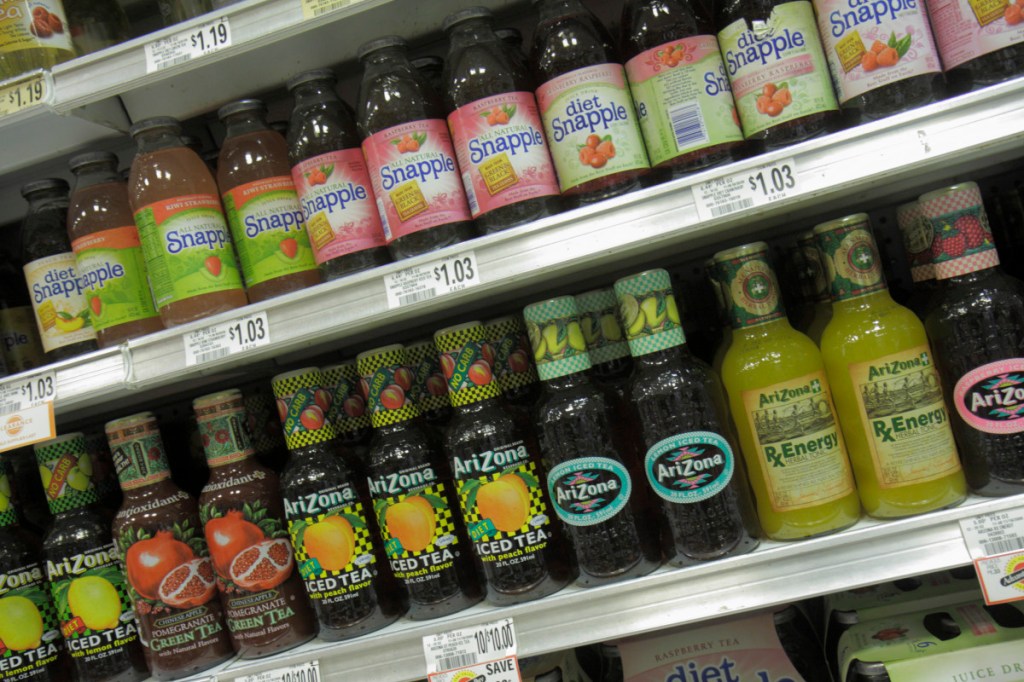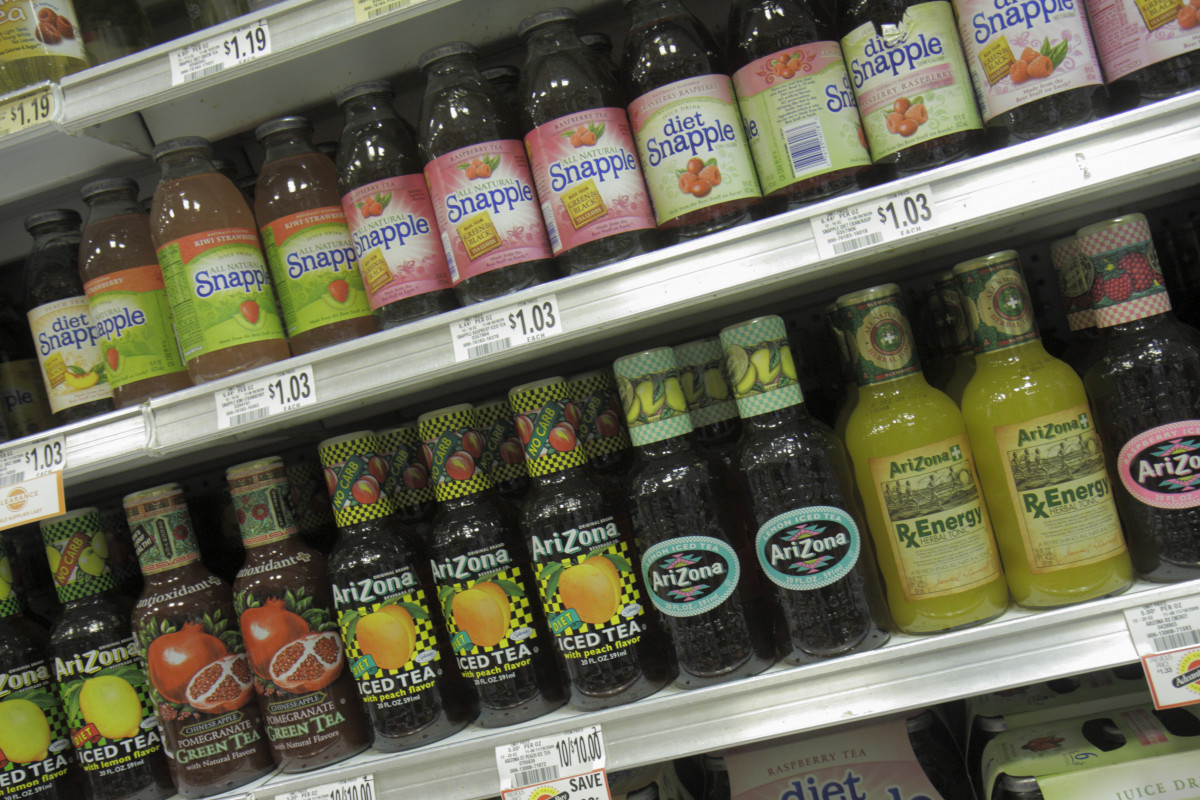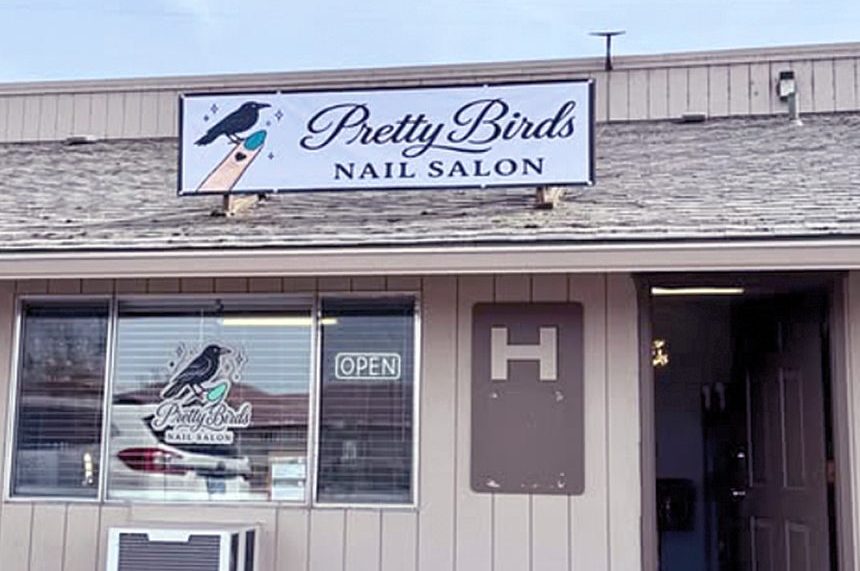CEO says Coke and Pepsi make a huge mistake every year
Published 12:42 pm Thursday, January 18, 2024

- Bottles of drinks are seen for sale in a Publix Grocery Store.
One of the places with perhaps the fiercest competition in this day and age is the beverage sector.
The graveyard of forgotten favorites is littered with once-beloved drinks, only to be tossed aside for the next trendy and delicious refreshment offered out of a can, bottle, pouch, or box.
Related: Walmart announces major store closures for 2024
Recall, for example, Sierra Mist, which was discontinued by parent company PepsiCo (PEP) – Get Free Report in early 2023. It’s been less than a year, but the name already sounds like a relic.
The same can be said about so many now-eliminated beverages. Tab, Crystal Pepsi, Orange Slice, Surge, Coca Cola Lime, Vault, and Sprite Remix are all dead and gone. Heck, even Life Savers Soda wasn’t even safe.
Much of this is because the drink space is already so densely crowded. It’s competitive — and expensive — to vie for that coveted shelf or cooler space in a store. And unless you’ve got the brand power (or the financial backing from a big brand) to get your name and flavor out there in front of the general public, chances are you aren’t going to be around for long.
Only a few upstart beverage companies have managed to survive without crumbling or selling out to a big boy. Gut-healthy probiotic sodas like Poppi and Olipop promise to offer a healthier but equally delicious alternative to soft drinks like Root Beer and Coke, and a health-conscious Generation Z has propelled its success.
Others have managed to stick around thanks to their pricing power. AriZona Beverage Company, which offers familiar favorites like Green Tea with ginseng and Arnold Palmers, vows to keep its pricing near rock-bottom so it can be enjoyed by everyone. But it has another bold strategy.

Beverage CEO says one tactic doesn’t work
AriZona may be popular among high school students and gas station-goers, but its CEO is convinced much of its popularity is thanks to its broad appeal — despite its low spend on advertising.
“We have never had a billboard,” AriZona CEO Abid Rizvi told the Modern Retail Podcast. “I will say this with almost 100% confidence: you will never see an AriZona billboard in Times Square.”
Rather than vying for eyeballs on a screen or a sign, Rizvi measures success in three key ways:
- Product visual appeal
- Product taste quality
- Product pricing
“We listen to our consumers,” Rizvi continued. “And what I can tell you is: globally, no matter where you go in the world, people like good-tasting beverages. That’s just the way us humans [are]; we’ve evolved over a very long period of time, but we like good-tasting beverages…Those three pillars still apply here: If you make it look good, taste good and you price it fair, people will come to it.”
Rizvi added that he’s never seen a beverage company succeed solely because it targeted customers in some way, be it esoteric or directly.
“I don’t want to hurt anybody’s advertising, but our philosophy has always been that people are not buying any particular brand because they saw a Super Bowl ad,” he said. “They’re buying it because it’s intriguing. You can have a Super Bowl ad and people may even go pick up your product. But if doesn’t taste good, if it’s not competitively priced, they’re not going to keep coming back and buying it over and over again.”
In 2023, the average 30-second Super Bowl ad cost $7 million. The top three largest ad buyers of all time for the Super Bowl are Budweiser (BUDFF) – Get Free Report, which has spent $470.5 million as of 2021, then Coca Cola (KO) – Get Free Report, which spent $320.6 million, and then Pepsi, which spent $202.4 million.





